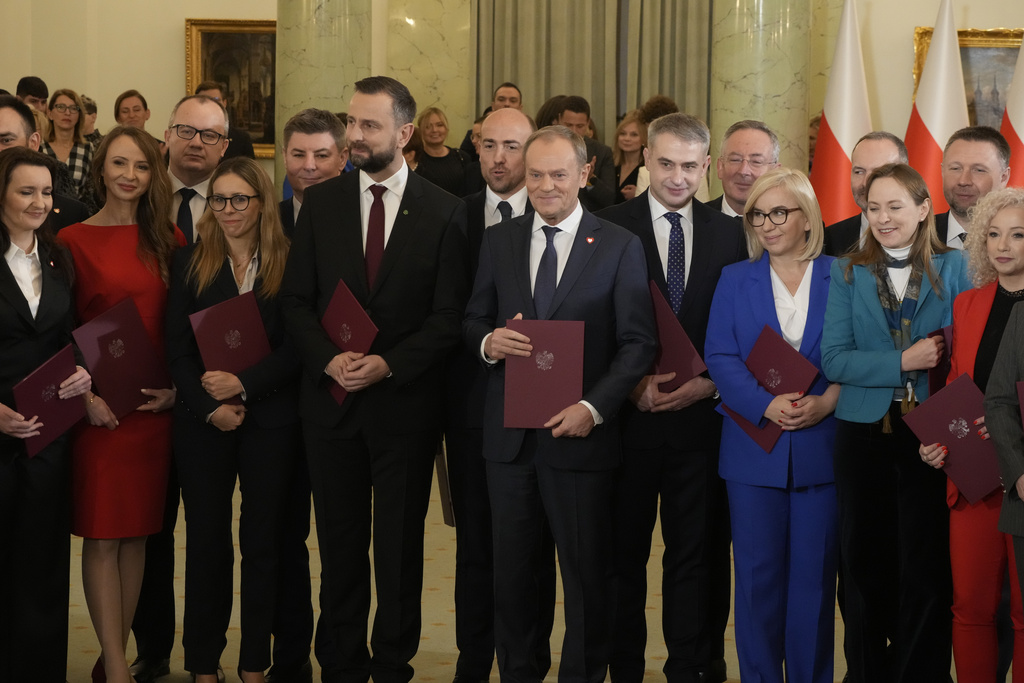A majority of the Polish electorate wants the new liberal government to focus on fulfilling its electoral promises rather than prioritizing relations with the European Union or punishing the outgoing administration.
In a comprehensive survey conducted for RMF FM radio and Dziennik Gazeta Prawna newspaper by United Surveys, 56 percent of respondents emphasized the importance of the new government fulfilling its electoral program promises over anything else.
The study, which involved 1,000 individuals, revealed that 56.3 percent prioritize the implementation of these promises. Additionally, 36.8 percent of respondents stressed the need for improved relations with the European Union, while 21.8 percent called for accountability of Law and Justice Party (PiS) officials.
Participants also expressed a desire for the new government to engage in a thorough review and potential overhaul of the previous government’s decisions, with 11.1 percent focusing on personnel changes within the government and its agencies, and 8.8 percent advocating for a reevaluation of the outgoing Mateusz Morawiecki administration’s last decisions. Meanwhile, 6.5 percent of respondents suggested other actions, and 5.4 percent were undecided on the matter.
The survey results were consistent across genders but varied with age. Respondents aged 40-49 primarily wish for improved EU relations (50 percent), a sentiment shared by those aged 70 and over (38 percent), who also equally value the fulfillment of electoral promises.
Urban residents showed a stronger preference for improving EU relations compared to rural dwellers, with significant percentages across cities of different sizes emphasizing this priority, whereas only 24 percent of rural respondents considered it a key issue.
Despite the conservative Law and Justice (PiS) winning the parliamentary elections on Oct. 15 with 35.58 percent of the votes, the left-liberal opposition coalition, comprising Civic Coalition (KO), Third Way (PSL, Poland 2050) and The Left, secured a majority in parliament with 248 seats, compared to PiS’s 194.
Despite the opposition’s clear majority, President Andrzej Duda initially tasked PiS leader Mateusz Morawiecki with forming the government, a mission that ultimately failed. This led to the appointment of Donald Tusk, the candidate from KO, PSL, Poland 2050, and The Left, as the prime minister following a vote of confidence in the Sejm on Dec. 12.





